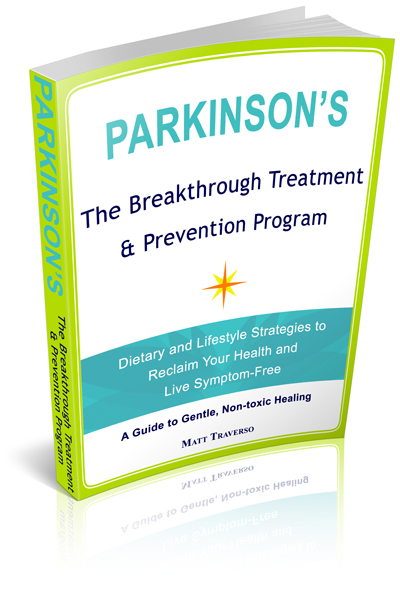Parkinson's Disease is a disease mostly affecting middle-aged and elderly people characterized by tremors and rigid, slow movement. It is also known as PD or Parkinson disease. Early symptoms of PD are subtle and occur gradually. Parkinson's disease belongs to a group of conditions called movement disorders.
The disease is both chronic, meaning it persists over a long period of time, and progressive, meaning its symptoms grow worse over time. Cardinal features include resting tremor, rigidity, bradykinesia, and postural instability. In some people the disease progresses more quickly than in others. It is characterized by muscle rigidity, tremor, a slowing of physical movement ( bradykinesia ), and in extreme cases, a loss of physical movement ( akinesia ).
PD usually affects people over the age of 50. The risk of PD increases with age, so analysts expect the financial and public health impact of this disease to increase as the population gets older. In Parkinson's, cells are destroyed in part of the brain stem - the substantia nigra, which sends out fibers to the corpus stratia, gray and white bands of tissue in both sides of the brain. Parkinson's disease is called idiopathic Parkinson's because the cause is unknown. In the other forms of parkinsonism, a cause is known or suspected.
Causes of Parkinson's disease
The common causes and risk factor's of Parkinson's disease include the following:
1. The exact cause of Parkinson's disease is not known.
Pesticides or other chemicals.
2. A combination of genetic and environmental factors.
3. Environmental toxins.
4. Proximity to industrial plants or quarries.
5. Exposure to an environmental toxin. .
6. Having one or more close relatives with Parkinson's.
7. Symptoms of Parkinson's disease
Some sign and symptoms related to Parkinson's disease are as follows:
1. Loss of automatic movements.
2. Fatigue.
3. Difficulty swallowing.
4. Nightmares.
5. Depression.
6. Micrographia (small, cramped handwriting).
7. Difficulty walking or buttoning clothes.
8. Tremor.
9. Slowed motion (bradykinesia).
Treatment of Parkinson's disease
Here is list of the methods for treating Parkinson's disease:
1. Parlodel is a useful drug for Parkinson's disease.
2. Tolcapone
3. Pramipexole.
4. Trihexyphenidyl.
5. Selegiline (Eldepryl): This drug, used with or without carbidopa-levodopa therapy, helps prevent the breakdown of both naturally occurring dopamine and dopamine formed from levodopa.
BUT, the cure does NOT lie in medication and drugs… The Cure
Lies In Bringing Your Immune System Back Into Shape. But you need to
provide your body with the right tools...........
Other treatment approaches, including general lifestyle modifications (rest and exercise), physical therapy, speech therapy, will be covered in Maintaining Optimal Wellness.
Various forms of surgical treatment are available to control movement disorders when medications are ineffective.
RECOMMENDED FOR YOU
Qigong for Parkinsons: A Conversation with Bianca about Her Complete Healing...
Robert Rodgers, PhD from Parkinsons Recovery, interviews Bianca Molle who discusses how her Qigong practice has helped reverse her own Parkinson's symptoms. Qigong is the form of medical Qigong that matches ancient movements, meditation and sounds to facilitate the healing of modern medical conditions. Qigong is beneficial to Parkinson’s for one primary reason. It reconnects the mind and the body. This connection helps the mind focus, the brain create new neural connections, the body move with ease and the heart discover inner joy and happiness. Studies have now mapped remarkable changes in the brain that result from practices like Qigong. Through her own research investigations Bianca learned about how Qigong had been reputed to help Parkinson's. In June, 2009, a little over a year since her Parkinson's disease diagnosis, Mingtong Gu of the Chi Center brought Zhineng Qigong to Marin County. Within her first few minutes of practice, she began to feel relief. Symptoms gradually abated. In September of 2010 she was declared symptom-free of the disease by the neurologist. She continues to feel better and stronger in all aspects of her life. [Go Here...]





